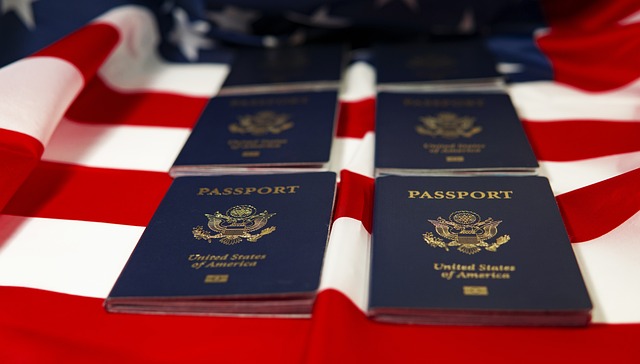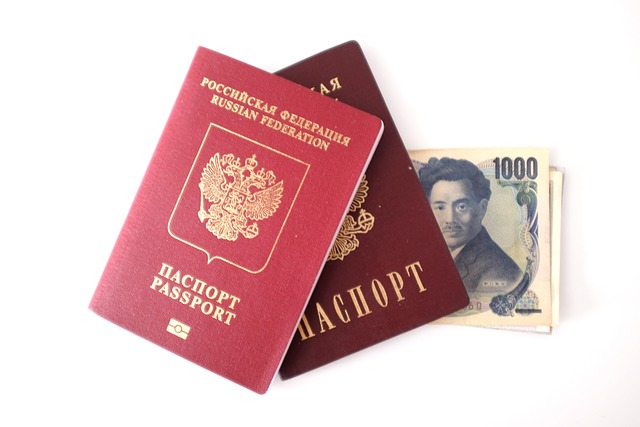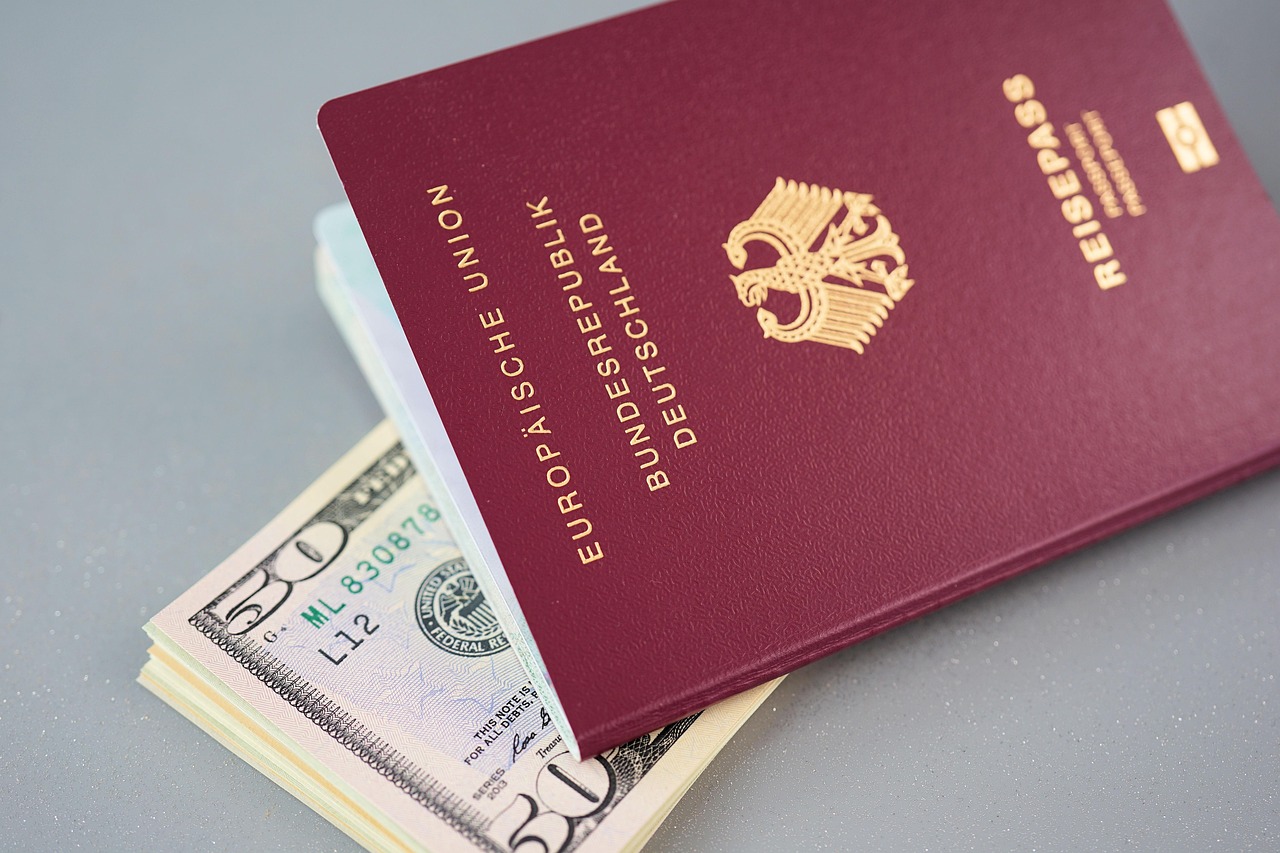Dutch Immigration Policies: Recent Changes and Their Implications

The Netherlands, known for its high quality of life, robust economy, and multicultural society, has long been a popular destination for immigrants. However, Dutch immigration policies are subject to change, influenced by political, economic, and social factors. In recent years, several significant changes have been introduced, affecting various categories of immigrants, including skilled workers, students, family members, and asylum seekers. This article provides an overview of the recent changes in Dutch immigration policies, their implications, and what they mean for prospective immigrants.
1. Changes for Skilled Migrants (Highly Skilled Migrants and EU Blue Card Holders)
Overview
The Netherlands has a highly skilled migrant program designed to attract talented professionals from outside the European Union (EU). Recent changes aim to make the country more competitive in the global talent market while ensuring fair treatment for both migrants and Dutch workers.
Key Changes
- Salary Thresholds: The minimum salary requirements for highly skilled migrants have been adjusted. As of 2023, the gross monthly salary threshold is €5,008 for individuals aged 30 and above and €3,672 for those under 30. For EU Blue Card holders, the threshold is €5,867.
- Recognition of Qualifications: The Dutch government has streamlined the process for recognizing foreign qualifications, making it easier for skilled migrants to have their credentials validated.
- Job Search Year for Graduates: Non-EU students who graduate from Dutch universities can now apply for an orientation year (zoekjaar) to search for employment or start a business. During this period, they have unrestricted access to the Dutch labor market.
Implications
These changes make the Netherlands more attractive to highly skilled professionals and recent graduates, encouraging them to contribute to the Dutch economy. However, the increased salary thresholds may pose challenges for some employers and migrants.
2. Changes for International Students
Overview
The Netherlands is a popular destination for international students, thanks to its high-quality education system and English-taught programs. Recent policy changes aim to enhance the student experience and facilitate their transition to the Dutch labor market.
Key Changes
- Work Restrictions: International students are now allowed to work more hours alongside their studies. The previous restriction of 16 hours per week has been relaxed, allowing students to work full-time during June, July, and August.
- Post-Study Work Opportunities: The orientation year (zoekjaar) for graduates has been extended, providing more time to find employment or start a business.
- Tuition Fees: Some universities have introduced differentiated tuition fees for non-EU students, which may impact affordability for certain groups.
Implications
These changes make the Netherlands more appealing to international students, offering greater flexibility and opportunities for work and post-study employment. However, increased tuition fees may be a barrier for some students.
3. Changes for Family Reunification
Overview
Family reunification is a key pathway for immigrants to join their loved ones in the Netherlands. Recent changes aim to balance family unity with integration requirements.
Key Changes
- Income Requirements: The income threshold for sponsors has been adjusted to ensure they can financially support their family members. As of 2023, the minimum income requirement is €1,701.60 per month (excluding holiday allowance).
- Integration Abroad: Family members may be required to pass the Civic Integration Examination (inburgeringsexamen) in their home country before being granted a visa.
- Processing Times: Efforts have been made to reduce processing times for family reunification applications, although delays may still occur due to high demand.
Implications
These changes emphasize the importance of financial stability and integration for family reunification. While they aim to ensure that families can thrive in the Netherlands, the income and integration requirements may pose challenges for some applicants.
4. Changes for Asylum Seekers and Refugees
Overview
The Netherlands has a long tradition of providing asylum to those fleeing persecution and conflict. Recent changes aim to streamline the asylum process while addressing integration challenges.
Key Changes
- Accelerated Procedures: The Dutch government has introduced accelerated procedures for processing asylum applications, particularly for those from countries with high recognition rates.
- Integration Requirements: Asylum seekers are now required to participate in integration programs earlier in the process, including language courses and civic education.
- Return Policy: Stricter measures have been introduced to facilitate the return of individuals whose asylum applications have been rejected, including increased cooperation with countries of origin.
Implications
These changes aim to balance humanitarian obligations with the need for efficient and fair asylum procedures. While they may speed up the process for some, the emphasis on integration and return policies may create challenges for others.
5. Changes for EU/EEA Citizens
Overview
As a member of the European Union (EU) and the European Economic Area (EEA), the Netherlands allows free movement for EU/EEA citizens. However, recent changes have introduced new requirements for registration and residency.
Key Changes
- Registration: EU/EEA citizens must register with the local municipality (gemeente) if they plan to stay in the Netherlands for more than four months.
- Residency Permits: While EU/EEA citizens do not need a visa, they may need to apply for a residency permit if they plan to stay long-term or work in certain sectors.
- Brexit Impact: Following Brexit, UK citizens are now subject to different rules and must apply for residency permits if they wish to live and work in the Netherlands.
Implications
These changes clarify the requirements for EU/EEA citizens, ensuring compliance with EU regulations. However, UK citizens face new challenges post-Brexit, requiring them to navigate additional bureaucratic processes.
6. Changes for Entrepreneurs and Investors
Overview
The Netherlands offers various pathways for entrepreneurs and investors to establish businesses and contribute to the economy. Recent changes aim to attract more investment while ensuring transparency and compliance.
Key Changes
- Startup Visa: The startup visa program has been expanded, allowing innovative entrepreneurs to establish businesses in the Netherlands. Applicants must have a feasible business plan and support from a recognized facilitator.
- Investor Visa: The minimum investment requirement for the investor visa has been increased to €1,250,000, with stricter criteria for the types of investments allowed.
- Tax Incentives: New tax incentives have been introduced to attract foreign investors, including reduced corporate tax rates for innovative startups.
Implications
These changes aim to position the Netherlands as a hub for innovation and investment. While they offer opportunities for entrepreneurs and investors, the increased requirements may pose challenges for some.




